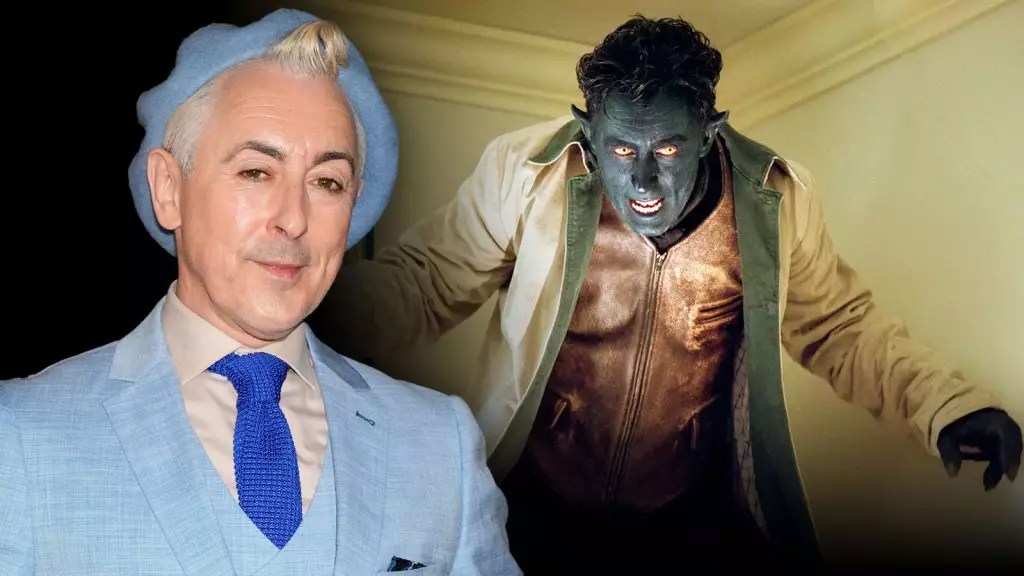Alan Cumming’s recent reflections on his return to the Marvel universe serve as a testament to the transformative potential of facing past traumas with courage. His experience with the original X2 set, marred by a toxic environment under Bryan Singer’s direction, cast a long shadow over his career and personal well-being. Yet, when he stepped back into the role of Nightcrawler for the upcoming Avengers: Doomsday, his tone shifted from trauma to triumph. This isn’t merely about reprising a character; it’s about reclaiming agency and healing scars inflicted years earlier. Cumming’s honesty exposes the dark underbelly of Hollywood’s filmmaking machinery, revealing how some productions can become battlegrounds rife with abuse. For him, returning to the superhero universe was an act of resilience—an opportunity to rewrite the narrative that once haunted him.
Healing Through Reconnection and Professional Growth
Cumming openly admits that revisiting Nightcrawler was “really healing,” a phrase that hints at profound personal growth. The initial experience with X2 was anything but joyous, clouded by an environment he describes as “miserable” and “awful,” compounded by the dangerous antics and misconduct of a now-disgraced director. His return to the role signals not only a professional milestone but also a symbolic step towards regaining control over his career and emotional health. At 60, the actor defies conventional ageism’s constraints, demonstrating that passion and opportunity are ageless. His willingness to perform stunts and engage actively in the film’s production challenges stereotypes about aging, reminding us that creativity and vitality are limitless. Moreover, his efficient schedule—cramming scenes into a short window due to commitments to “The Traitors”—illustrates adaptability and a firm focus on what truly matters: reconnecting with a beloved character in a supportive environment.
The Power of Renewal in the Superhero Genre
Cumming’s narrative underscores a broader truth about the superhero genre: it’s a realm that can be both a battleground and a sanctuary. While Hollywood has historically grappled with issues of abuse and misconduct, this new chapter signifies a shift toward more inclusive and respectful storytelling. Reprising Nightcrawler is more than a career move; it’s a statement that superheroes, both fictional and real, can symbolize resilience, courage, and reconciliation. For Cumming, the role embodies a sense of purpose—a chance to contribute positively to a universe that, despite its flaws, inspires millions. His journey echoes the larger cultural movement towards accountability and healing, positioning him not just as an actor but as a symbol of strength and renewal. This return isn’t just about entertainment; it’s a testament to the human capacity to grow, heal, and redefine oneself through adversity.
